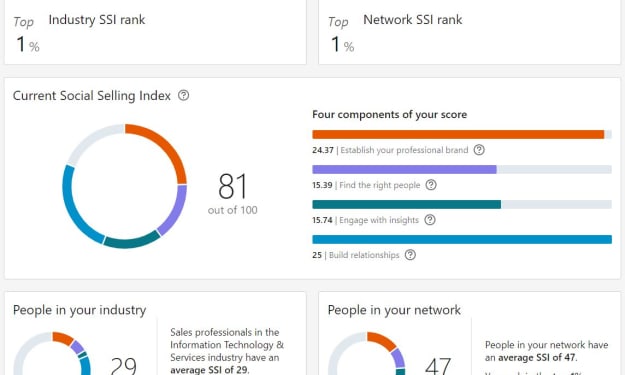Are you ready to return to your office?
Now that mass vaccination is taking place, some companies started to move employees back to the office. Are you ready?

Many workplaces that went fully remote last year are now setting timelines for bringing people back to the office — and some employees are not happy about it.
For example, Google is hastening the partial reopening of offices and limiting the future of remote work. Microsoft, Facebook, and Uber intend to reopen their offices.
For many of us who have been “forcedly” working from home for more than a year, the idea of returning to the office may evoke a wide range of emotions.
As the reopening initiatives gain traction, I have been talking with many skeptical colleagues about this situation. Some of them are unsure whether they should even notify their employers once they have been vaccinated, fearing that knowledge will be used to force their return to work.
Most of us have not been around anyone (aside from our families) for more than two hours at a time in a year, and I do not know anyone in my network which is enthusiastic about wearing a mask for multiple hours at work.
The idea of being back in open spaces with many other people (even though companies seem to be obsessed with keeping our spaces immaculately clean) will most likely increase cases among colleagues.
On the other side, many people like me, who have worked from home for many years before the pandemic with international and globally distributed teams, mostly prefer to stay remote, instead of giving it up this opportunity.
In this context, my friends and some colleagues’ consensus is that staying in the office will do more harm than good instead of keeping our germs at home and away from immunocompromised people.
Not to mention the fact that we are relieved to have no commute, a more flexible schedule, pets and children nearby, more casual dress, and easy access to our kitchens.
It is no secret that many of us have discovered that we are more productive at home, away from chatty coworkers’ interruptions.
In my personal experience, I have never been more productive, focused, and connected with my company and colleagues around the world than during this pandemic.
And I feel that I am not alone. According to a recent study by the Pew Research Center, more than 50% of employees do not want to return to office life.
But while it’s good not to be stuck in traffic during rush hour and not have to face the cold conference rooms, many have also created an aversion to previously enjoyable social pastimes. They now can’t imagine doing these things anymore.
But what can you do if your company decides to return to its old ways?
First and foremost, if you can negotiate the “coming back,” try to plan it for later in the year than May or June. Consider late summer or early fall, especially since vaccinations will be more up-to-date at that time.
And with this notice period, you will have time to adjust to the idea, arrange child care, and make any other arrangements necessary to return to your “old life.”
I believe that serious employers will not go all-in: many companies will start by bringing people back for one or two days a week and then gradually increase that if it is genuinely unavoidable.
From companies prospectives, for those cases in which physical return becomes essential, it should be focused on employees, productivity, and working.
These are the kind of decisions that should always be made by putting people first, always taking health and safety into account.
There are a series of factors that should be kept in mind when thinking about face-to-face return, for example:
- the location,
- the type of work,
- the need for physical presence,
- the concentration of people
- means of transport that employees use
Before thinking about returning to the workstation, we need to think about who really needs to go back to work at their physical stations.
A large Microsoft study on the impact of forced work-from-home policies due to the coronavirus pandemic found that “flexible work is here to stay” and that employers who want to retain talented employees should accept the concept of hybrid work even after the current health crisis has passed.
The report, “The Next Great Disruption Is Hybrid Work — Are We Ready?” advises business leaders to accept that “the last year has fundamentally changed the nature of work.”
According to a survey, 73% of workers want flexible remote options. According to the study, remote job postings on LinkedIn increased more than fivefold during the pandemic.
I am still confident that many companies, particularly the most adaptable and modern, will recognize that many people can do their jobs more effectively with a hybrid setup, working from home some days and in the office others.
Fortunately for me, my company is not still talking about a mass return to work, at least not in my country. Still, many of my friends (mainly in the IT industry) are already experiencing their “back to office” panic reactions.
If returning to office is truly necessary, it should be done gradually to allow people to readjust.
I can not imagine doing a year of WFH and then going back to my pre-pandemic routine, albeit with masks on.
We must find ways to make this “coming back” a smooth transition for everyone.
And what about you? are you willing to come back to office? Let's start talking about this, leaving a comment in this article?
Note: this article was originally published on medium.com by me, as its author.
About the Creator
Jair Ribeiro
A passionate and enthusiastic Artificial Intelligence Evangelist who writes about people's experiences with technology and innovation.






Comments
There are no comments for this story
Be the first to respond and start the conversation.